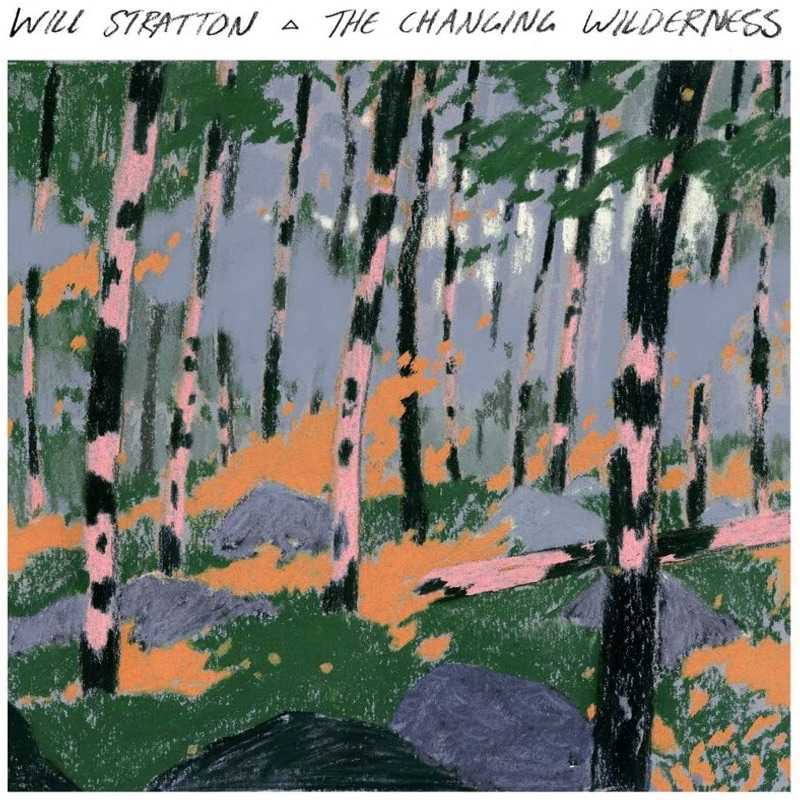
Like many of us, Will Stratton has had plenty of moments over the last eighteen months in which to reflect.
Since his last release (Rosewood Almanac appeared in 2017), the singer from New York state has been processing the fallout of America’s descent into bipartisanship, but also how alterations to his craft might bring about a fresh slant to work which in the past had frequently erred towards introspection.
For The Changing Wilderness, the goal shifted: ‘I had to write music that felt like it was engaging with the outside world, rather than focusing on what was going on in my own life.’
This departure takes his seventh album out into less assured territory, a journey which unflinchingly takes in his home country’s bruised and often dyspeptic heartlands.
This doesn’t mean that the resultant friction makes for unapproachable songs; opener Tokens leads in pastorally, dappled acoustic guitar chords eventually giving way to a voice which rarely carries a hint of reproach. Concerned lyrically with the ebb and flow of time and a taking glance at longing, there’s a wisp of classic arcana present, of rivers and fields hidden from change.
The first real evidence of a more polemical angle comes swiftly though with Black Hole, a gently executed but wary rebuttal of fascism and in particular those trapped in its orbit, confronting its divisiveness with: ‘Hatred corrupts, and it purifies, too/It simplifies thoughts just like love can do/Oh, I miss when it was an optional vice/Something you’d choose when fear was the price’.
It’s probably no coincidence that this musically finds Stratton at his most adventurous as well, ruddy keyboards and handsome strings glowing in the faces of those who thrive on ugly prejudice.
If anger is an emotion which is quickly spent to varying degrees of effectiveness, here it peaks on Infertile Air, a shower of conscience-pricking that begins: ‘When you tore them from her breast/And you drove home in your car/Did you think you’d get to rest/Without denying who you are’, the protagonist a man failing to comprehend that the state will always be blank and featureless but no individual acts without choice, or motivation.
There are numerous historical precedents of course for the troubadour with only the instrument on his back pitting themselves against the machinery of power, from the dustbowl to the bible belt.
Stratton wisely decides against direct confrontation, the spirit in question on Fate’s Ghost evidently that of Nick Drake, the two sharing an affectation, while When I’ve Been Born (I’ll Love You) brims with a weariness that comes from being pressed, the resolution a defiant, ‘If the fascists win, I’ll love you’, embracing the idea that there are no such things as victories or defeats, just life moving on and you with it.
The Changing Wilderness invites questions as well as posing them; how can ostensibly simple forms approach complex issues? Where does music lie in the 21st century within the medium of protest? Can words even begin to penetrate the headwind of irrational fears through which one way or another we’re all being manipulated by?
Wisely, it never seeks to provide answers, only to provide a hazy, bucolic canvas onto which the listener’s thoughts can spill.
That it can sound attractive in the process is testament to Will Stratton’s gift for making us care enough.



